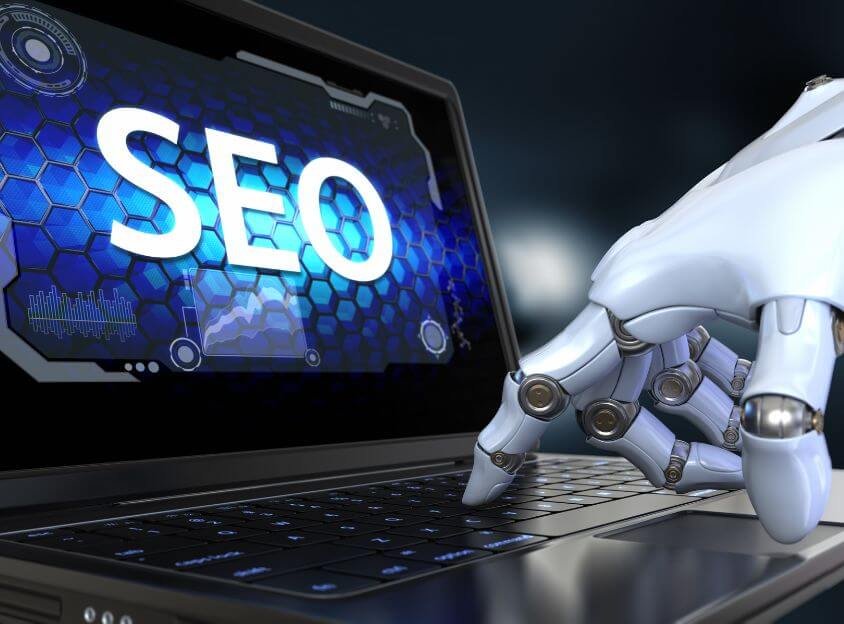Dive into the world where Generative AI meets SEO in this blog. Let’s check the impact of AI on SEO. We’re breaking down the shifts, challenges, and what it all means for your website’s visibility. The impact of AI on website SEO (Search Engine Optimization) is multifaceted and continues to evolve. Here are several key impacts:
- Content Creation and Optimization:
- AI-driven tools, like natural language generation algorithms, are transforming content creation and optimization. These tools can analyze vast datasets to understand user preferences and create highly relevant and engaging content. For instance, tools like OpenAI’s GPT-3 can generate blog posts, product descriptions, or social media updates that are not only grammatically correct but also contextually appropriate. This ensures that websites can provide valuable, SEO-friendly content that resonates with their target audience.
- Natural Language Processing (NLP) and Voice Search:
- AI’s natural language processing capabilities play a pivotal role in adapting content for voice search. With the increasing prevalence of voice-activated assistants like Siri and Google Assistant, optimizing content for natural language queries becomes essential. For example, Google’s BERT (Bidirectional Encoder Representations from Transformers) algorithm leverages NLP to better understand the context of words in a search query. This ensures that websites incorporating conversational and voice-friendly content are more likely to rank higher in voice search results.
- Data Analysis and Insights:
- AI’s prowess in data analysis provides SEO professionals with valuable insights for informed decision-making. Tools like Google Analytics and AI-driven platforms can analyze user behavior, identify emerging trends, and highlight areas for improvement. AI-powered tools such as SEO Co-Pilot can efficiently index pages, assess page health, and identify and eliminate pages with no clicks.
 1
1
- Automation of Repetitive Tasks:
- AI automates mundane and repetitive SEO tasks, freeing up time for professionals to focus on strategic initiatives. For example, SEO platforms leverage machine learning algorithms to automate keyword research, monitor website rankings, and analyze competitor performance. This allows SEO specialists to concentrate on developing innovative strategies rather than spending excessive time on routine tasks.
- Local SEO and Geo-Targeting:
- AI contributes significantly to enhancing local SEO efforts by understanding regional nuances and tailoring content accordingly. For instance, search engines use AI algorithms to recognize local intent in queries, providing location-specific results. A coffee shop optimizing its website for local SEO might benefit from AI-driven algorithms that understand user queries like “best coffee shops near me,” improving the shop’s visibility in local search results.
In summary, these impacts showcase how AI is revolutionizing various facets of SEO, from content creation to understanding user intent and optimizing for specific search contexts. Leveraging these AI-driven capabilities allows websites to stay competitive in an evolving digital landscape.






0 Comments